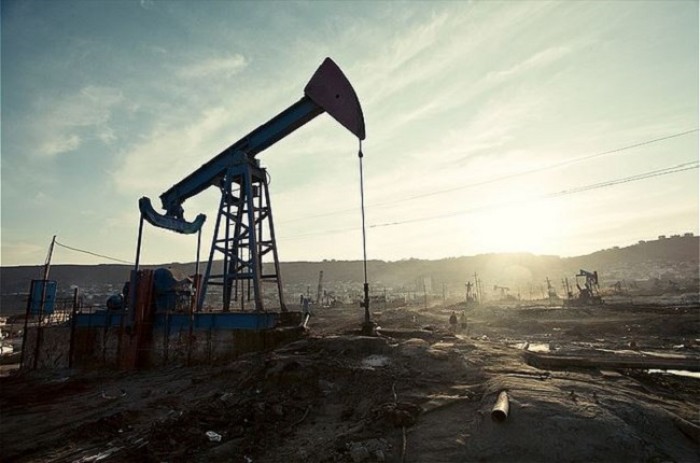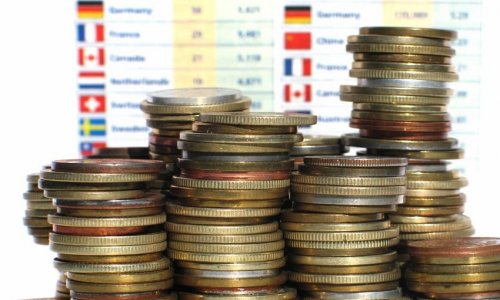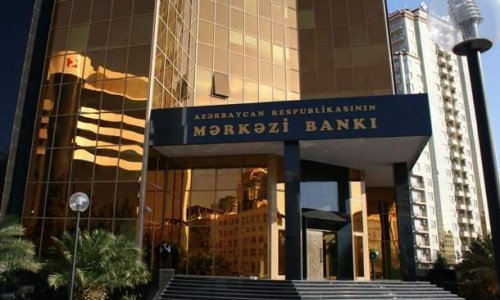Demetrios Efstathiou, head of trading strategy at ICBC STANDARD BANK, said the following in a note to clients:
Economy
* Azerbaijan relies on hydrocarbons (mainly oil) for 90% of its hard currency earnings. Oil price collapse forced a 35% devaluation of the manat last February. The impact of the devaluation and adjustment process are ongoing
* The devaluation improved the balance sheet of the government, helped with the fiscal side, and ensured the current account will remain in surplus.
* Devaluation was a surprise to many local banks and caused substantial losses to those with open FX positions. IBA, the largest bank, is receiving multiple injections of equity from the state. NPLs are now on the rise, especially among borrowers with hard currency loans. But the size of the banking sector is small and therefore manageable.
* Sharp devaluation has led to the collapse of confidence in the value of the manat. Dollarisation skyrocketed to 75% of deposits. FX reserves have dropped, but still cover a comfortable 7-8 months of imports, and the $35bn at the oil fund amounts to about nearly 40 month of import cover, or 60% of GDP.
* Diversification of the economy away from hydrocarbons has become a government priority. Azerbaijan’s soft indicators point to serious deficiencies in institutions, governance, and the operating environment that would be necessary to attract FDI. Corruption is a major problem.
* GDP growth is expected to reach 3.0 - 4.0% in 2015, budget deficit around 3% of GDP, and Inflation around 5%. Overall sovereign debt levels are very small.
Markets
Currency
* Ultimately, the price of oil is key in determining the need and timing of a second devaluation. The currency has been an anchor of stability in a country where stability matters hugely.
* While many locals and market commentators expect an imminent second 30-35% devaluation of the manat, I believe that the authorities will choose to wait. Neither the external conditions yet dictate, nor is the country ready for such a move. Banking sector needs more time assess the damage of the first devaluation, and the central bank must improve supervision and build monetary policy instruments. And structural reforms are more urgent to attract FDI than a cheaper currency. Finally, plenty of FX reserves and stability in both the Trade Balance and Fiscal Deficit point to patience.
Credit
* Azerbaijan sovereign bonds pay by far the highest spreads of any EM BBB- rated sovereign. For a country with such a strong external financing position, its credit spreads compensate for their oil dependency, and the weakness of its institutions. An additional devaluation of the manat will be a credit positive for the sovereign. Higher credit spreads are unlikely. The bonds offer very good value.
www.ann.az
Follow us !











